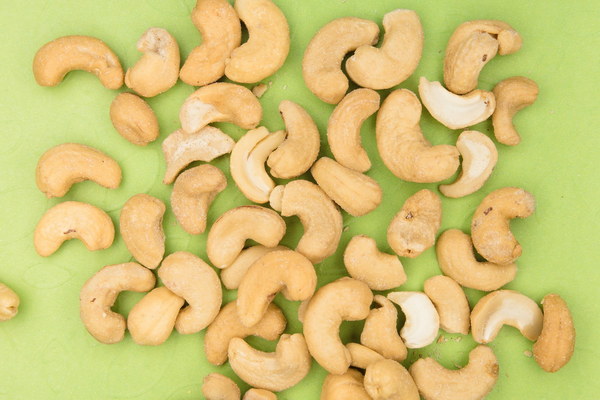The Nutritional Powerhouse Unveiling the Benefits of Dried Apples
In a world where health and wellness are paramount, discovering natural, nutritious foods is a game-changer. Among the myriad of healthy snacks available, dried apples have emerged as a nutritional powerhouse, offering a variety of health benefits. This article delves into the world of dried apples, exploring their origins, nutritional profile, and the myriad of health advantages they provide.
1. Origins and Preparation of Dried Apples
Dried apples, also known as apple chips or apple rings, are simply apples that have been dehydrated to remove the majority of their water content. The process involves slicing the apples, removing the seeds, and then drying them at low temperatures. This preservation method ensures that the apples retain most of their nutritional value while extending their shelf life.
2. Nutritional Profile of Dried Apples
Dried apples are an excellent source of essential nutrients, including:
- Fiber: A single serving of dried apples provides about 4 grams of dietary fiber, which is crucial for maintaining a healthy digestive system and promoting satiety.
- Vitamins: Dried apples are rich in vitamin A, vitamin C, and vitamin K, which are essential for maintaining healthy skin, immune function, and bone health.
- Minerals: They contain potassium, calcium, and magnesium, which are vital for maintaining proper muscle and nerve function, as well as heart health.
- Antioxidants: The drying process enhances the concentration of antioxidants in apples, such as quercetin and flavonoids, which help combat inflammation and oxidative stress in the body.
3. Health Benefits of Dried Apples
The numerous health benefits of dried apples make them a valuable addition to your diet:
- Heart Health: The high fiber content in dried apples can help lower cholesterol levels and reduce the risk of heart disease. Additionally, the antioxidants present in apples may help prevent the oxidation of LDL cholesterol, which is a key factor in the development of atherosclerosis.
- Weight Management: Dried apples are low in calories and high in fiber, making them a great snack for weight management. The fiber content helps you feel full longer, reducing the likelihood of overeating.
- Digestive Health: The high fiber content of dried apples promotes healthy bowel movements and can help prevent constipation. Regular consumption of fiber-rich foods is also associated with a reduced risk of colorectal cancer.
- Immune System Support: The vitamin C and other antioxidants in dried apples help strengthen the immune system, making it more effective at fighting off infections and diseases.
- Bone Health: The presence of calcium and vitamin K in dried apples contributes to maintaining strong, healthy bones.
4. Incorporating Dried Apples into Your Diet
Dried apples can be easily incorporated into your diet in a variety of ways:
- Snack: Enjoy a handful of dried apples as a nutritious and satisfying snack between meals.

- Salad Topping: Sprinkle dried apples on top of a salad for a crunchy texture and added nutrients.
- Trail Mix: Combine dried apples with nuts and seeds for a delicious, nutritious trail mix.
- Oatmeal or Yogurt: Add a handful of dried apples to your morning oatmeal or yogurt for an extra burst of flavor and nutrients.
In conclusion, dried apples are a nutritious, versatile, and delicious snack that can be easily incorporated into a healthy diet. With their numerous health benefits and convenient nature, dried apples are a fantastic addition to any wellness regimen. So, the next time you're looking for a healthy snack, reach for a handful of dried apples and enjoy the nutritional power they provide.









